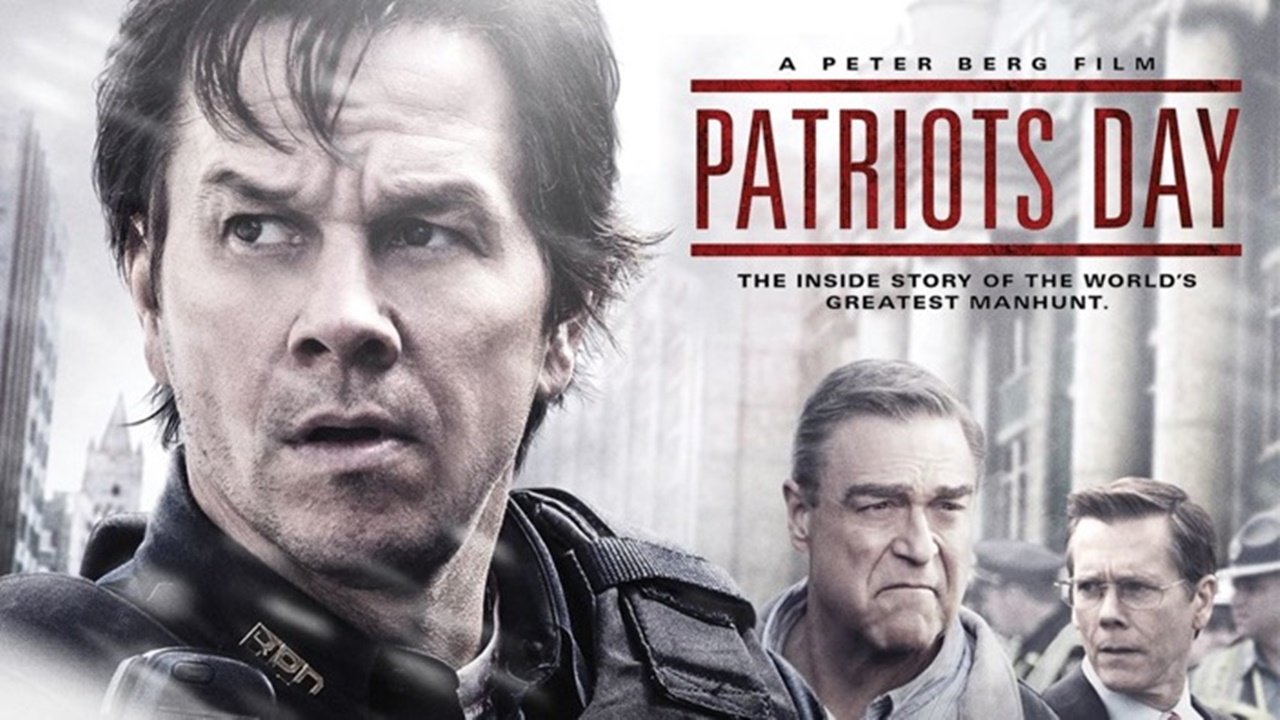https://www.baa.org/races/boston-marathon/history
https://en.wikipedia.org/wiki/Boston_Marathon_bombing
https://www.netflix.com/title/80117619

The Boston Marathon Bombing was a terrorist attack that occurred on April 15, 2013, when two bombs went off near the finish line of the Boston Marathon, killing three spectators and wounding more than 260 other people.
After an intense manhunt, police captured one of the bombing suspects, 19-year-old Dzhokhar Tsarnaev, whose older brother and fellow suspect, 26-year-old Tamerlan Tsarnaev, died following a shootout with law enforcement.
Investigators concluded that the Tsarnaevs, who spent part of their childhood in the former Soviet republic of Kyrgyzstan, planned and carried out the attack on their own and were not connected to any terrorist groups.

After the Olympic Games of 1896, the US Marathon Team Manager, John Graham, was inspired to organize and conduct a marathon in the Boston area. Various routes were considered, before a measured distance of 24.5 miles from Metcalf’s Mill in Ashland to the Irvington Oval in Boston was eventually selected.
On April 19, 1897, John J. McDermott of New York, emerged from a 15-member starting field and captured the first Boston Athletic Association (BAA) Marathon in 2:55:10, and, in the process, forever secured his name in sports history.
The 1896 Olympic marathon distance of 24.8 miles was based on the distance run, according to famous Greek legend, in which the Greek foot-soldier Pheidippides was sent from the plains of Marathon to Athens with the news of the astounding victory over a superior Persian army. Exhausted as he approached the leaders of the City of Athens, he staggered and gasped, “Rejoice! We Conquer!” and then collapsed.
The marathon distance had been changed several times, in fact, of the first seven Olympic Games, there were six different marathon distances between 40 and 42.75 kilometers. By 1924, the distance was standardized for all future Olympic and Boston marathons at 42.195 kilometers (26 miles, 385 yards).
From 1897-1968, the Boston Marathon was held on Patriots’ Day, April 19, a holiday commemorating the start of the Revolutionary War and recognized only in Massachusetts and Maine. The lone exception was when the 19th fell on Sunday. In those years, the race was held the following day (Monday the 20th).
However, in 1969, the holiday was officially moved to the third Monday in April. Since 1969, the race has traditionally been held on the third Monday in April.
This year, the Boston Marathon will be held on Monday, April 17, 2023

On April 14, 2013, Boston Police Department Sergeant Tommy Saunders captures a suspect and fails to convince Commissioner Davis to let him off from a punishment duty the next day, working the Boston Marathon. During the marathon, brothers Dzhokhar and Tamerlan Tsarnaev detonate two bombs, causing widespread panic.
FBI Special Agent-in-Charge, Richard DesLauriers is assigned to investigate the bombings in collaboration with Boston police commissioner Ed Davis, while Tommy searches for evidence and helps people that have been injured or separated from their loved ones in the chaos..
FBI analysts review footage of the bombing and identify Dzhokhar and Tamerlan as suspects, but DesLauriers is reluctant to release their pictures to the public without further evidence. His hand is forced when the pictures are leaked to the press, while Watertown Police Sergeant Jeffrey Pugliese's men begin conducting door-to-door searches for the pair.
https://www.baa.org/races/boston-marathon/history
https://en.wikipedia.org/wiki/Boston_Marathon_bombing
https://www.netflix.com/title/80117619
 SMApepe Blogs
SMApepe Blogs